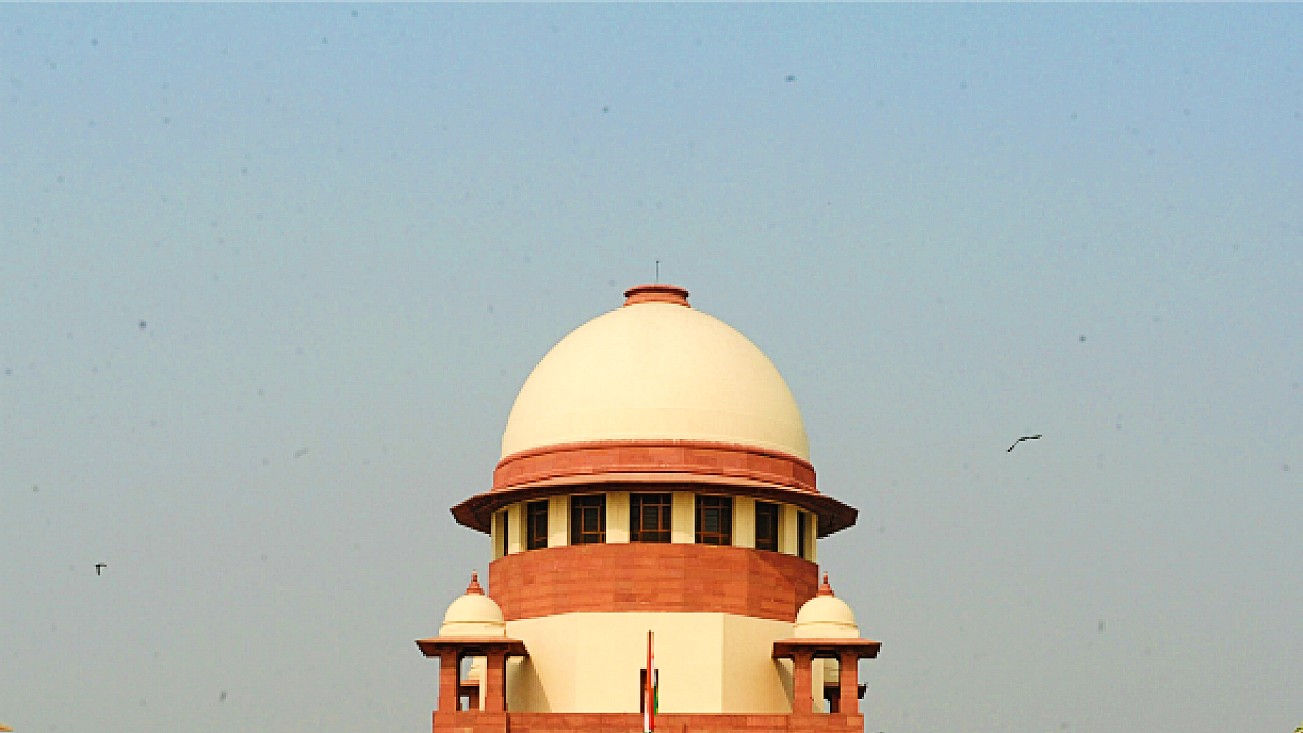Supreme Court rejects Centre's objections, allows West Bengal's suit challenging CBI's jurisdiction
Justices B R Gavai & Sandeep Mehta [10-09-2024]

Read Order: THE STATE OF WEST BENGAL v. UNION OF INDIA [SC- ORIGINAL SUIT NO. 4 OF 2021]
LE Correspondent
New Delhi, July 11, 2024: In a significant order, the Supreme Court has rejected the preliminary objections raised by the Central government and permitted the State of West Bengal to proceed with its original suit challenging the jurisdiction of the Central Bureau of Investigation (CBI) in the state after withdrawal of general consent.
A bench of Justice B.R. Gavai and Justice Sandeep Mehta delivered the judgment on the maintainability of the suit filed by West Bengal under Article 131 of the Constitution. The court held that the suit raises important legal questions on federalism and the CBI's powers that require adjudication on merits.
Rejecting the Centre's argument that the CBI, not the Union government, should be the party to the dispute, the Supreme Court referred to the statutory scheme under the Delhi Special Police Establishment (DSPE) Act, 1946 and observed: "We find that the very establishment, exercise of powers, extension of jurisdiction, the superintendence of the DSPE, all vest with the Government of India. In that view of the matter, in our opinion, the reliance placed by the learned Solicitor General on the judgment of this Court in the case of State of Bihar v. Union of India, is not well placed. In our view, the CBI is an organ or a body which is established by and which is under the superintendence of the Government of India in view of the statutory scheme as enacted by the DSPE Act."
The Supreme Court also dismissed the Centre's contention that pending proceedings before the court under Articles 32, 136 etc. would bar a suit under Article 131. Interpreting the phrase "subject to the provisions of this Constitution" in Article 131, the court held: "Article 131 is a special provision which deals with the original jurisdiction of this Court in case of a dispute between the Federal Government and the State Governments... Article 32 provides for remedy for enforcement of fundamental rights whereas Article 136 provides for remedy by way of special leave to appeal. These are the general remedies available to ‘any party’. Merely because, in any of the proceedings initiated under Article 32 or Article 136 or even Article 226, one of the parties is common, in our view, the pendency of such proceedings would not come in the way of a specific party mentioned in Article 131 to take recourse to the remedy available therein.”
The State of West Bengal pleaded that unless the three conditions under Sections 3, 5 and 6 of the DSPE Act are fulfilled, the CBI cannot exercise its powers in any State. The State government argued that after withdrawal of the consent by the plaintiff on 16th November 2018, the CBI could not have continued to register cases and exercise its powers under the DSPE Act, and that continuation of the registration of cases and exercise of powers after withdrawal of the consent is an act of constitutional overreach.
The Bench observed that “it cannot be said that the plaintiff has not made out any cause of action against the defendant”. Citing the Supreme Court’s judgement in State of Rajasthan and Others v. Union of India and Others, the top court said that the legal right of the States could be sought to be indicated in the suits.
The apex court thus opined that the contentions raised by the defendant do not merit acceptance and for the reasons given in the judgement are rejected. The court thereby rejected the preliminary objection of maintainability of the suit.
The Bench, however, clarified that the aforesaid findings are for the purposes of deciding preliminary objection and will have no bearing on merits of the suit. The suit shall proceed in accordance with law on its own merits.
Sign up for our weekly newsletter to stay up to date on our product, events featured blog, special offer and all of the exciting things that take place here at Legitquest.




Add a Comment